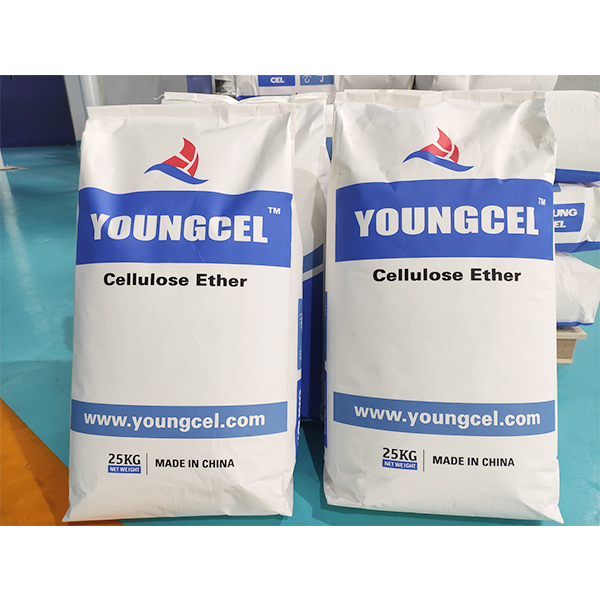Exploring HPMC Powder Tile Adhesives Benefits and Applications
In the world of construction and renovation, tile installation is a vital process that requires careful consideration of materials used. One of the most significant advancements in this field is the development of Hydroxypropyl Methylcellulose (HPMC) powder tile adhesives. These adhesives play a crucial role in ensuring strong and durable tile placements, making them an increasingly popular choice among contractors, builders, and DIY enthusiasts.
What is HPMC?
Hydroxypropyl Methylcellulose is a cellulose ether derived from natural cellulose. It is a white, free-flowing powder that becomes a transparent gel when mixed with water. Its unique properties, such as water retention, thickening, and film-forming abilities, make HPMC an excellent candidate for tile adhesives. HPMC is not only versatile but also biodegradable, which aligns with contemporary trends towards sustainability in construction materials.
Benefits of HPMC Powder Tile Adhesives
1. Superior Adhesion
One of the primary advantages of HPMC-based tile adhesives is their superior adhesion properties. HPMC enhances the bonding strength between tiles and substrates, ensuring that tiles remain securely in place over time. This strong bond is particularly beneficial in areas subjected to moisture and stress, such as bathrooms and kitchens.
2. Improved Workability
HPMC powder adhesives are easy to mix and apply, which enhances their workability. Contractors appreciate the smooth consistency that HPMC provides, allowing for a more controlled application and reducing the likelihood of lumps or uneven surfaces. This ease of use can lead to faster installation times, making projects more efficient.
hpmc powder tile adhesives

One of the standout features of HPMC is its exceptional water retention capability. When mixed with water, it creates a paste that retains moisture longer, allowing for more extended workability time. This is crucial when working in warmer environments where rapid drying can hinder installation. The prolonged moisture availability also promotes better curing, leading to stronger adhesive properties.
4. Versatility
HPMC tile adhesives can be used for various tile types, including ceramics, porcelain, and natural stone. Whether for wall or floor applications, HPMC provides flexibility in design and can accommodate different substrate materials, such as cement, gypsum, and wood. This versatility makes HPMC-based adhesives a favored option in both residential and commercial construction.
5. Resistance to Cracking and Shrinkage
HPMC powder tile adhesives exhibit high resistance to cracking, a common issue in traditional tile adhesives. The elasticity of HPMC helps absorb stresses that arise due to temperature fluctuations or substrate movement, thereby minimizing the risk of tile damage. This quality is particularly essential in environments that experience significant thermal expansion and contraction.
Applications of HPMC Powder Tile Adhesives
HPMC-based tile adhesives are suitable for various applications, including
- Ceramic and Porcelain Tiles Ideal for both wall and floor installations, providing robust bonding. - Natural Stone Tiles Effective for delicate materials that require a gentle yet strong adhesive. - Wet Areas Perfect for bathrooms and kitchens, where moisture resistance is critical. - Outdoor Applications Suitable for patios and outdoor installations, offering resistance to weather conditions.
Conclusion
HPMC powder tile adhesives represent a significant leap forward in construction materials, combining strength, flexibility, and ease of use. Their superior adhesion properties, water retention capabilities, and versatility make them an excellent choice for a wide range of tile installations. As the construction industry continues to evolve towards eco-friendly solutions, the use of biodegradable materials like HPMC aligns perfectly with contemporary sustainability goals. Whether for professional contractors or DIY enthusiasts, HPMC tile adhesives are poised to become a go-to solution for durable and efficient tile installations.




